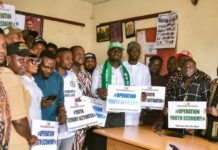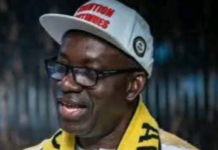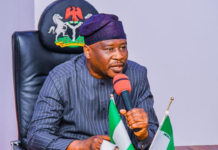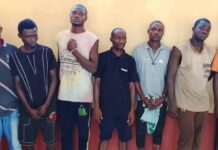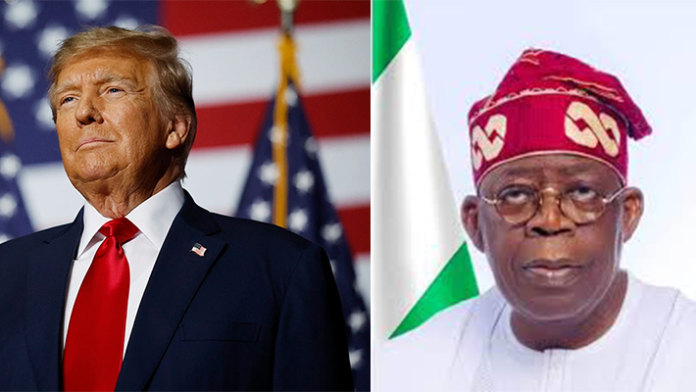Advocacy organisations on Monday denounced a prominent Islamic council’s dismissal of claims that Christians face systematic extermination in Nigeria, labelling the statement a dangerous evasion that ignores mounting evidence of targeted killings and displacement in the restive north.
The Nigerian Supreme Council for Islamic Affairs (NSCIA), led by its Secretary General Professor Ishaq Oloyede, fired back at international accusations — including from the United States — that portray the country as a hotbed of “Christian genocide,” insisting the violence stems from multifaceted conflicts rather than religious pogroms.
In a pointed communique issued over the weekend, Oloyede argued: “There is no Christian genocide in Nigeria. What we have is a complex security challenge affecting all Nigerians, irrespective of faith,” urging global observers to “refrain from inflammatory rhetoric that divides our nation further.”
He elaborated on the council’s position, adding: “Blaming Islam or Muslims wholesale for banditry and insurgency is not only unfair but counterproductive to peace efforts. We condemn all violence, but let’s address root causes like poverty and governance failures, not fabricate narratives of holy war.”
The NSCIA’s retort, timed amid heightened scrutiny following US President Donald Trump’s threats to intervene over alleged sectarian atrocities, drew swift backlash from Christian and human rights coalitions already reeling from a surge in attacks that have claimed hundreds of lives this year.
The Christian Association of Nigeria (CAN), through its National Publicity Secretary Bayo Omobude, rejected the denial outright, calling it “tone-deaf and complicit in the face of undeniable horrors.” Omobude recounted: “Our churches burn, our farmers are slaughtered in their fields, and our children are kidnapped for ransom — this is not mere banditry; it’s a pattern of elimination targeting believers. To say otherwise is to gaslight the bereaved.”
Emboldened by data from global watchdogs like Open Doors, which ranks Nigeria second worldwide for Christian persecution, the group demanded an independent probe, warning: “The international community must not be swayed by such denials; the blood of the innocent cries out for justice.”
Similarly, the InterSociety, a civil rights network, accused the council of “intellectual dishonesty,” citing over 4,000 Christian deaths in the past decade attributed to Fulani militias and Boko Haram. Its president, Emeka Umeagbalali, fumed: “This is a whitewash that shields perpetrators while victims are left to rot. Genocide isn’t just gas chambers; it’s the slow erasure through terror, and Nigeria’s Christians are living it daily.”
The uproar unfolds against a backdrop of escalating clashes in states like Plateau and Benue, where land disputes laced with ethnic and religious undercurrents have displaced thousands. Rights monitors report a 50 percent spike in faith-motivated incidents since 2023, fuelling calls for UN intervention.
As Abuja navigates the diplomatic fallout — including potential aid cuts from Washington — analysts fear the rhetoric could deepen rifts in Africa’s most populous nation, where Muslims and Christians each comprise roughly half the 220 million population. The NSCIA has called for dialogue, but with trust eroded, the path to reconciliation appears more fraught than ever.
